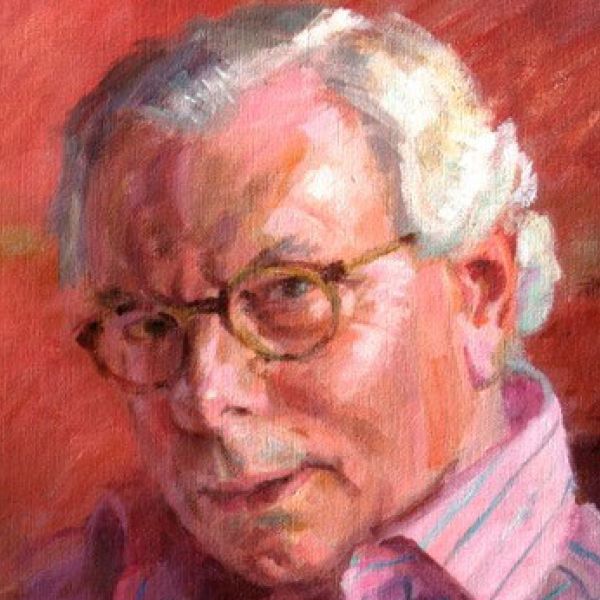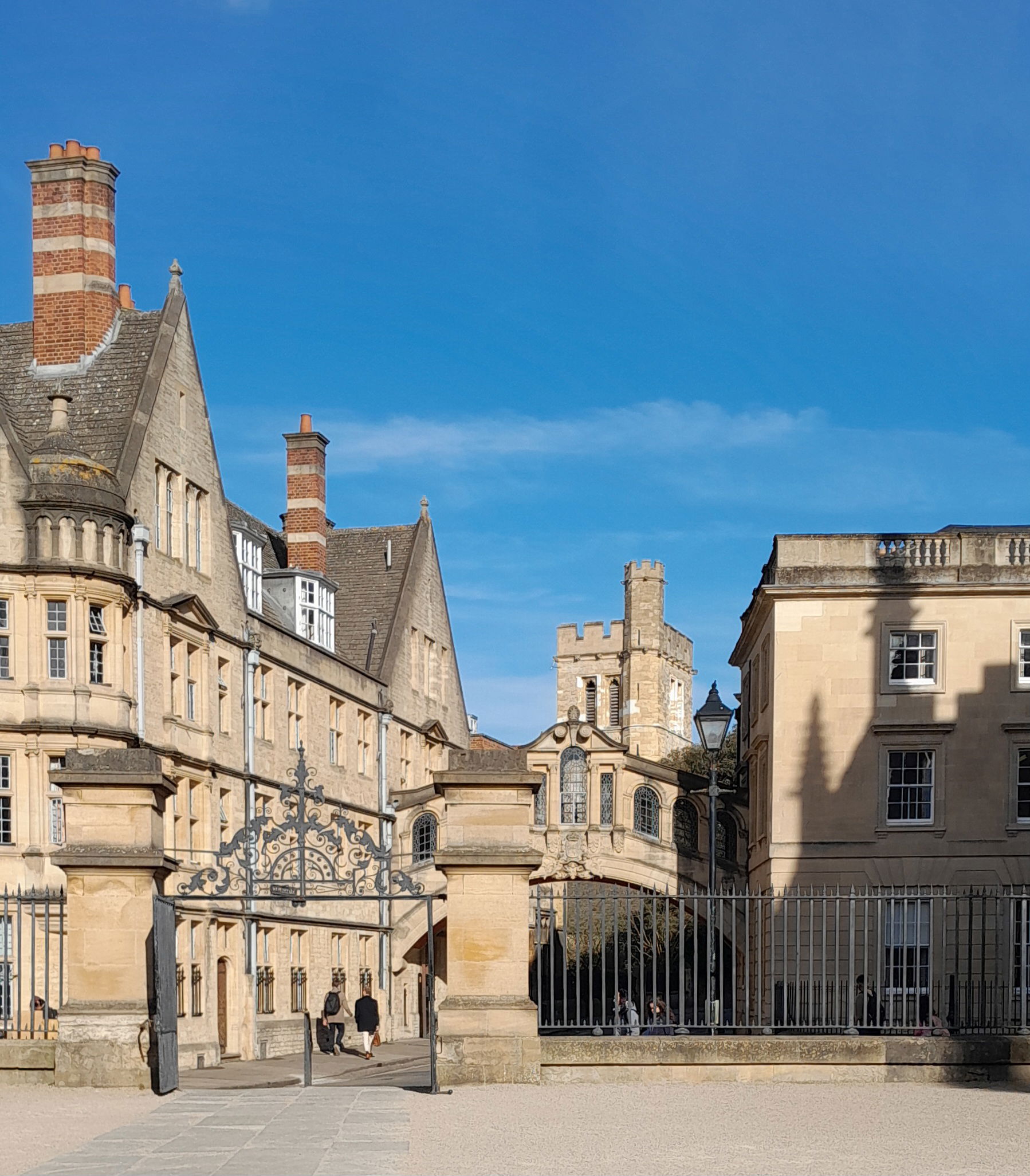Why Study History? David Starkey introduced by Nick Higham.

David Starkey, as they say, needs no introduction. Familiar from TV history programmes, expert on the monarchy and British Constitution, often recruited onto chat shows, he has, like all the best celebs, also been a target of the "cancel culture". When a chance remark he made caused offense, he happily resigned his title of professor, as if to demonstrate to the baying mob how little difference it would make to him. He still has his C.B.E.
Yesterday he addressed the packed Sheldonian on history: why it should be taught, how it should be taught, and why to him it is at the centre of the Humanities. About the last assertion, there can be no serious disagreement. Whatever else we study in Literature, Drama, Music and Fine Art, it can only make sense in a historical context and history is 50% of criticism.
Starkey dared to assert that history should be taught for the purpose of "cultural transmission". The prevalent view now is that education is merely to attain literacy, or numeracy, or attain the skills to get a job. It is done in a context of "multi-culturalism" that is openly hostile to anything Euro-centric or Anglo-centric. Starkey insists that pupils should study the history and evolution of the British state, from Bede to Bevan, by way of Magna Carta, because Britain has made such an important contribution to progress, civilization and general good in the world. This is of course quite counter to the fashionable view, and all the more important and noteworthy for being so.

Starkey reminded us that Magna Carta which has been called (by Lord Denning) "the greatest constitutional document of all times—the foundation of the freedom of the individual against the arbitrary authority of the despot", was the first attempt in European history to codify civil rights and obligations, and is still relevant today. Starkey reminded us that the English Civil War was not a revolution but a salutary lesson to the monarch about the limits of his powers. In the 17th and 18th centuries, Britain produced the Royal Society, John Locke and Isaac Newton. In the nineteenth century it gave the world Darwin, Charles Fox Talbot and George Stevenson. The British Empire, despite all its faults, achieved an immense amount of what only a blinkered person would refuse to call progress, bestowing on its colonies schools, hospitals, colleges, printing presses, bridges, canals, irrigation and drainage systems, roads, dams, and railways, then as a parting gift, leaving behind a parliamentary system that has served very well in dozens of countries around the globe.
Starkey is, in short, proud to be British. And he wants other people to remain proud to be British. He reminded us that at great moments of reform in Britain, the Chartists and Suffragettes were not trying to rupture from previous tradition or destroy institutions, but to widen participation in them. When systems are overthrown overnight and a nation tries to rupture entirely from its past, that is when anarchy and dangerous tyrants take over. He reminded us that in order to live we need roots, and without roots a plant will wither. Of course he did not deny that those roots go back to many sources far beyond our shores - including the Roman Empire, the Judeo-Christian culture and so forth. But out of these sources something uniquely British has grown and is worth preserving.
This is a very conservative view, in an era when it is fashionable to decry and demonize everything that the British have ever done, in these Isles or elsewhere. The talk was bold and enjoyable, though a little marred for me by Starkey's barbed throwaway comments about the French (who have actually achieved one or two things themselves over the past millennium).
Starkey concluded by saying that Britain needs to repeal the drastic changes brought in under the Blair government, that made the nation subject to rule by judges, often beyond our shores. Do we want to be governed by lawyers in wigs? Or be free to govern ourselves through parliament? It's a big question.
Starkey's many books are listed here: https://www.worldofbooks.com/en-gb/collections/author-books-by-david-starkey
He has his own YouTube channel these days.
https://youtube.com/@davidstarkeytalks?si=GeillMeTSxq80QMH